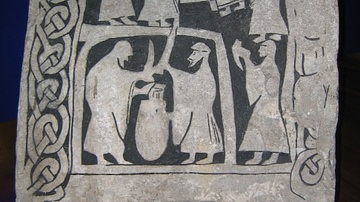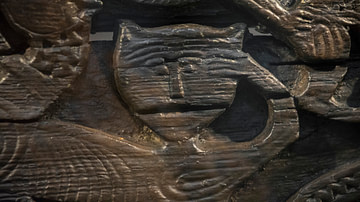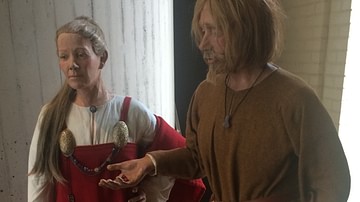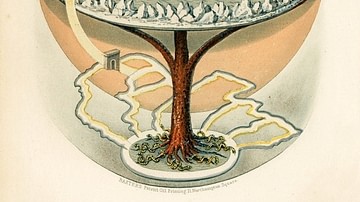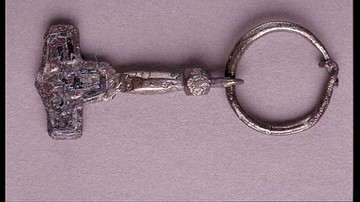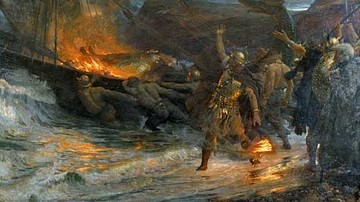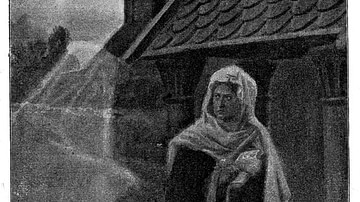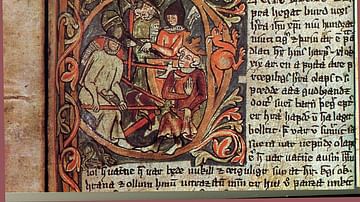Norse-Viking culture is frequently misrepresented in popular media which emphasizes the rugged, militaristic aspect of the people. In reality, Norse culture placed a high value on appearance, personal hygiene, and religious devotion, creating many symbols representing aspects of their gods and one’s journey through life to the land beyond death.
Among the Norse, the image of the Vikings is the most often distorted by modern media, but these seafarers and raiders were as much as part of Scandinavian culture as any others who remained on land tending their farms. This collection presents a small sampling of pieces on this diverse and fascinating culture. Norse Mythology is only briefly touched on here as it is presented in another collection


